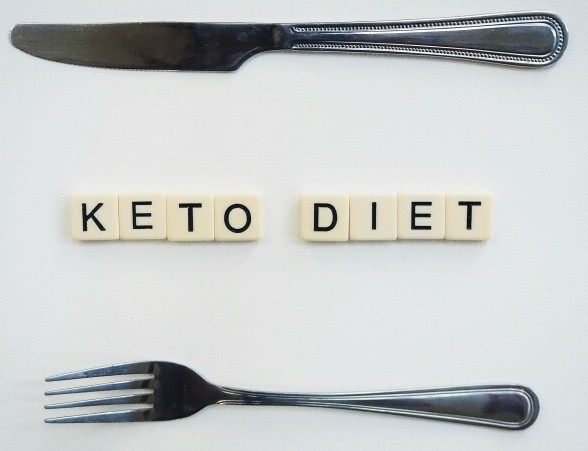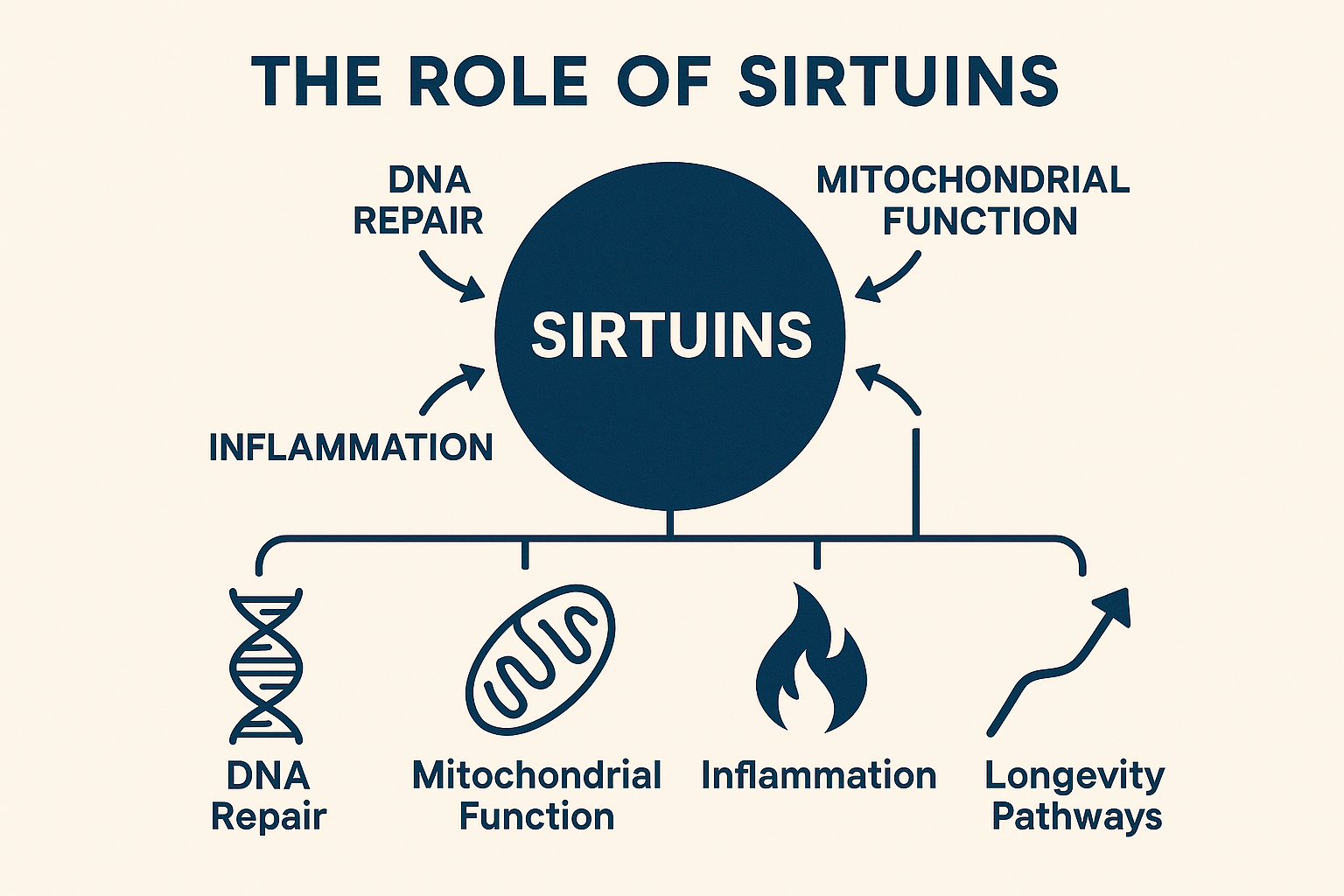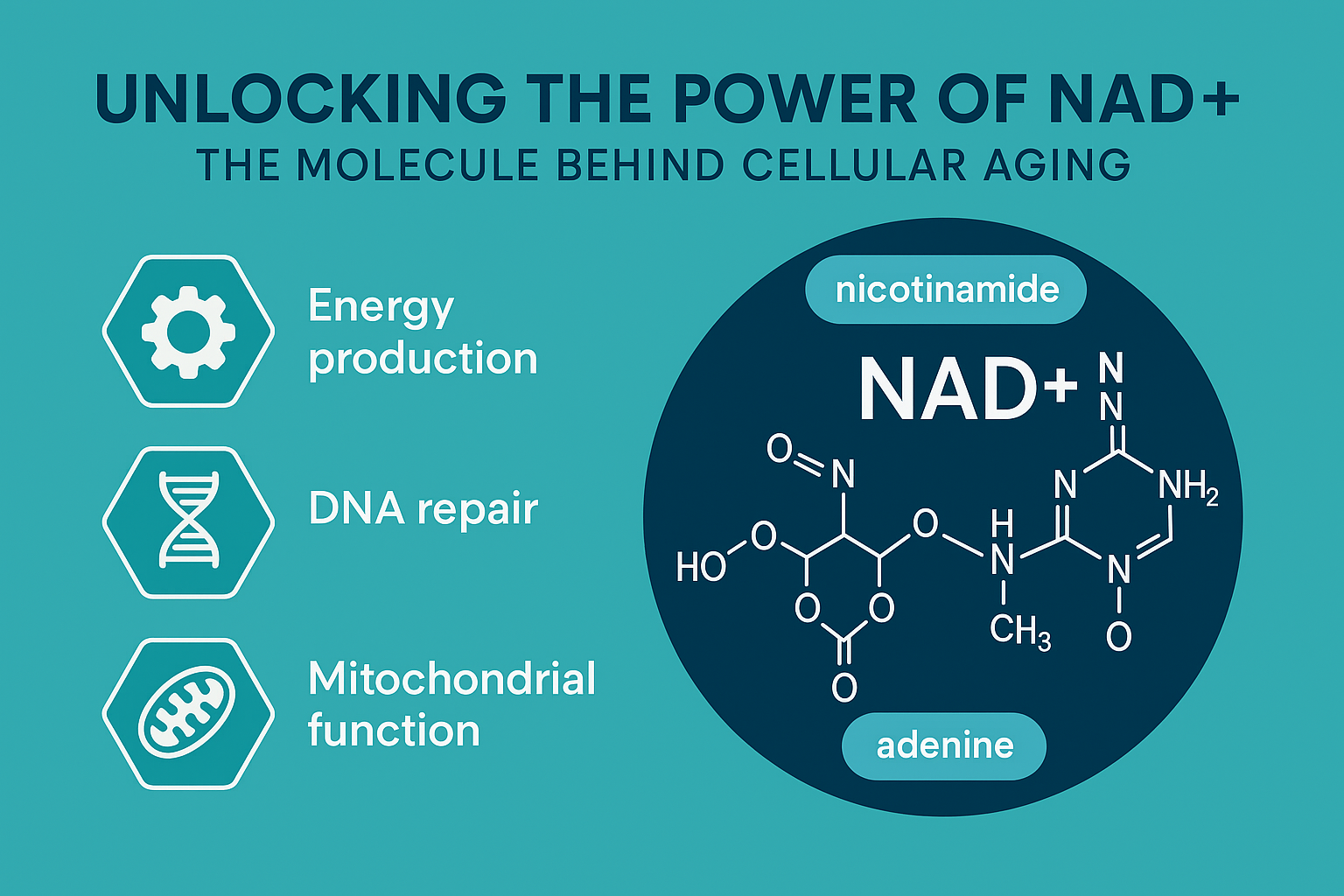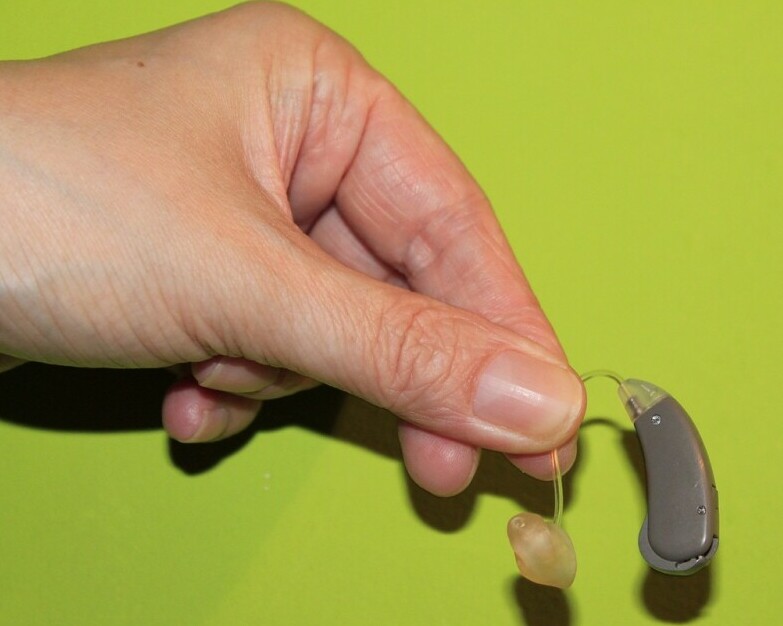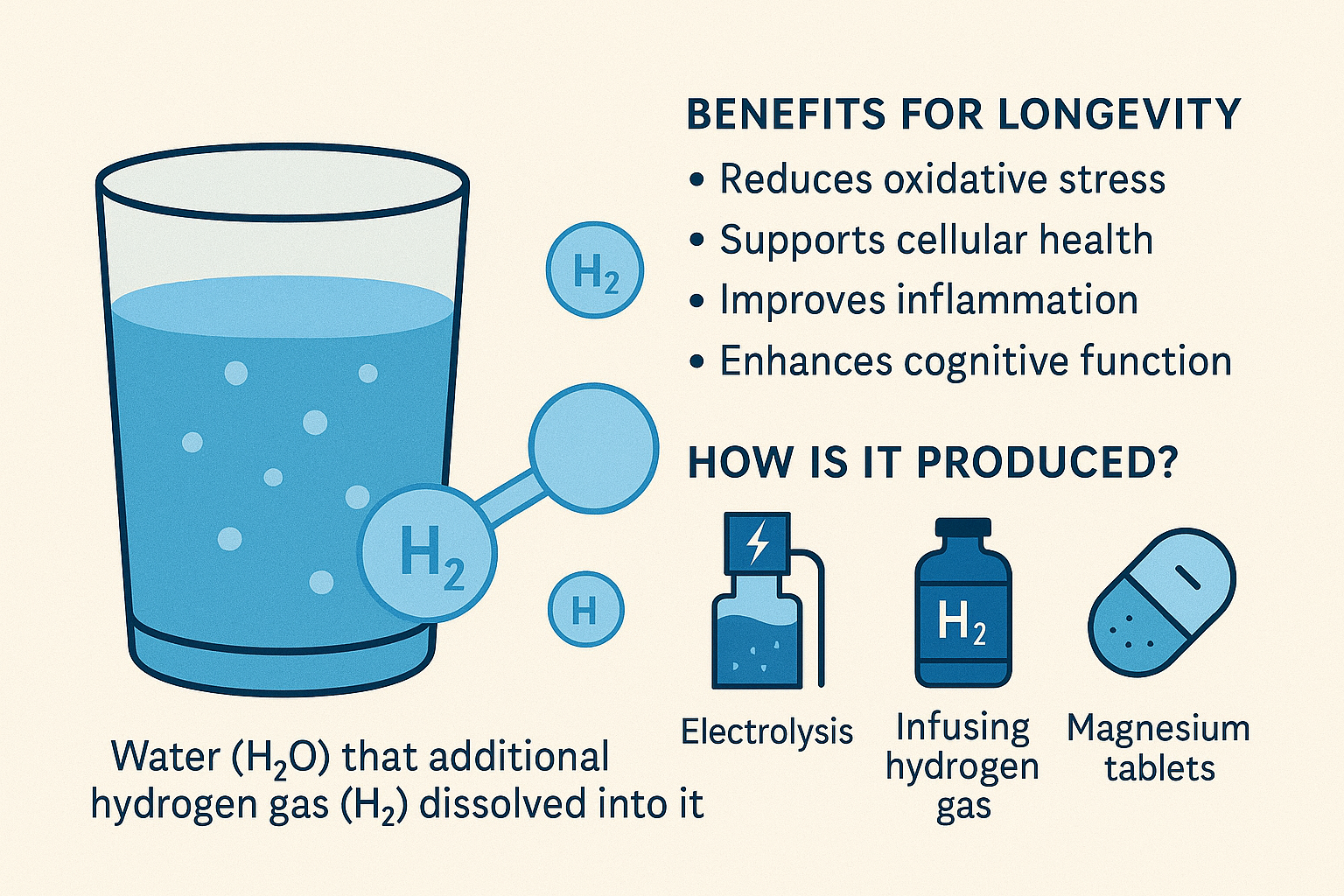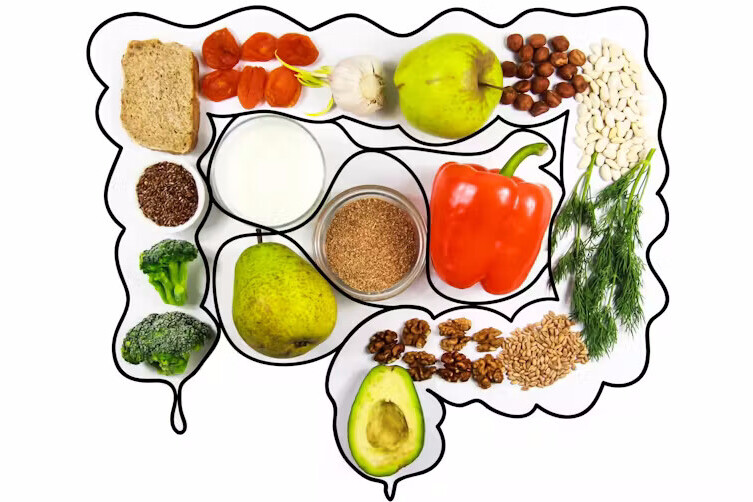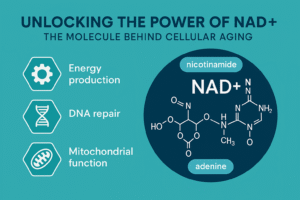As we age, our nutritional needs, metabolism, and dietary tolerances change and typically aligns with our activities. For aging adults, finding a diet that maintains health without sacrificing flavor and nutrients or creating a financial burden can be challenging. Enter the ketogenic diet, commonly known as the keto diet, which has gained popularity across various age groups for its potential health benefits. But is it the best choice for aging adults? Let’s delve into the details.
What is the Keto Diet?

The ketogenic, or keto, diet is a regimen that has been embraced by many looking for a way to lose weight and improve their metabolic health. At its core, the keto diet is about minimizing carbohydrate intake and upping the consumption of fats, which causes your body to shift from using glucose as its main source of energy to running on ketones or state of ketosis, molecules produced in the liver from fats.
This process, known as ketosis, can only be achieved when carbohydrate intake is kept to a bare minimum – typically between 20 and 50 grams per day and can heighten senses such as awareness in some studies. To put that into perspective, a single banana contains about 27 grams of carbohydrates. The drastic reduction in carbs is replaced by an increase in the intake of fats, which can make up as much as 70% to 80% of the total daily calorie intake. Protein is also a component of the keto diet but in moderation, to prevent interference with the process of ketosis.
Here’s a glimpse into what a keto-friendly menu might look like:
Fats and Oils: These are vital in the keto diet as they provide the energy and help to keep you full. Options include:
- Olive oil, coconut oil, and avocado oil for cooking and dressings.
- Butter and cream for adding richness to dishes or coffee.
- Mayonnaise for a fat-rich condiment.
Proteins: While not as dominant as fats, proteins are important to maintain muscle mass.
- Fatty cuts of meat like ribeye steak, pork belly, and lamb chops.
- Fatty fish such as salmon, mackerel, and sardines, which are also rich in omega-3 fatty acids.
- Whole eggs, a staple in the keto diet due to their fat and protein content.
Low-Carb Vegetables: These are your primary source of vitamins and minerals.
- Leafy greens like spinach, kale, and arugula.
- Above-ground vegetables like broccoli, cauliflower, and zucchini.
- Nightshades like eggplants and tomatoes, in moderation due to higher carb content.
Dairy: Full-fat dairy is encouraged because of its fat content.
- Cheese, particularly hard and aged varieties like cheddar, parmesan, and feta.
- Full-fat yogurt and sour cream can be enjoyed in moderation.
Nuts and Seeds: These are great for snacking or as toppings.
- Almonds, macadamia nuts, and walnuts are low in carbs and high in fats.
- Seeds like chia, flaxseeds, and pumpkin seeds are also keto-friendly.
Fruits: Most fruits are high in carbs, but some are low enough to fit the keto diet.
- Berries such as strawberries, blueberries, and raspberries can be enjoyed in moderation.
- Avocado, though technically a fruit, is high in fat and perfect for keto.
Sweeteners: Traditional sugars are off the table, but there are keto-friendly alternatives.
- Stevia, erythritol, and monk fruit sweetener can be used in place of sugar.
Beverages: It’s important to stay hydrated without adding carbs.
- Water should be your go-to drink.
- Coffee and tea are fine, but without sugar and minimal milk.
- Bone broth, rich in nutrients and electrolytes, is also encouraged.
This list is not exhaustive but offers a snapshot of how a keto diet diversifies food choices within its macronutrient boundaries. Each meal can be a combination of these food groups, ensuring that the diet remains balanced, enjoyable, and in line with the principles of ketosis while not sacrificing taste.
Will Keto Diet Provide The Nutrition Needed For Aging Adults?
When considering the nutritional adequacy of the keto diet for aging adults, it’s essential to address both the typical daily caloric intake and the specific nutritional needs that change with age, food preferences, taste, and activities.
Caloric Intake for Aging Adults
As we age, our metabolic rate decreases along with our activities, which means we don’t need as many calories to maintain our weight. However, the need for nutrient-dense food becomes more critical. The typical daily caloric intake for an aging adult varies depending on activity level, sex, and overall health, but generally, it ranges between 1,600 to 2,200 calories for women and 2,000 to 2,800 calories for men. On a keto diet, these calories are primarily derived from fats, with adequate protein and minimal carbohydrates.
Nutritional Needs and Keto Considerations
The keto diet must be carefully balanced to meet the nutritional needs of aging adults, which include:
1. Protein: Older adults need more protein to prevent sarcopenia, the loss of muscle mass associated with aging. The keto diet allows for moderate protein intake, focusing on high-quality sources such as eggs, fatty fish, and lean meats.
2. Calcium and Vitamin D: These are crucial for bone health. Aging adults often need more of these nutrients to maintain bone density and prevent fractures. The keto diet includes sources of calcium and vitamin D such as cheese and fatty fish, but supplementation might be necessary if intake is insufficient.
3. Fiber: Digestive systems often become less efficient with age, so fiber is essential. The keto diet limits some high-fiber foods like grains and certain fruits, but it encourages the consumption of low-carb vegetables and nuts, which can provide necessary fiber.
4. B-Vitamins: Particularly B12, which is critical for maintaining healthy nerve function and creating DNA. Keto-friendly sources include meat, eggs, and dairy products, which are all rich in B12.
5. Omega-3 Fatty Acids: Important for heart and brain health, these can be found in keto-friendly foods like fatty fish (salmon, mackerel) and flaxseeds.
6. Antioxidants: Aging adults need plenty of antioxidants to combat inflammation and support immune function. The keto diet can be rich in antioxidants if it includes a variety of low-carb vegetables and berries.
7. Water and Electrolytes: Hydration is vital for all, especially for the elderly, who may have a diminished sense of thirst. The keto diet requires adequate hydration and attention to electrolytes (sodium, potassium, magnesium) because ketosis naturally depletes these.
Challenges and Adjustments
The challenge with keto for aging adults is ensuring that the diet doesn’t lead to nutritional deficiencies. For instance, whole food groups are significantly restricted or eliminated, which may lead to a lack of certain vitamins and minerals. Therefore, careful planning and possibly supplementation become essential. Moreover, the diet may need to be adjusted for those with kidney issues due to its higher protein content, or for individuals taking medications that affect blood sugar levels, since keto can drastically alter these levels.
Cost & Time Associated With Meal Preps of the Keto Diet vs. Other Diets
Cost and time are significant considerations, especially for retirees on fixed incomes and schedules. The keto diet might seem expensive due to its reliance on high-quality fats and proteins. However, with strategic meal planning and smart shopping, it doesn’t have to break the bank. Meal prep on keto can be as simple or elaborate as one’s time allows. In comparison to diets that require numerous ingredients or exotic foods, keto can be straightforward and time-saving with its focus on whole, unprocessed foods.
Conclusion
Deciding if the keto diet is the best for aging adults is not a one-size-fits-all answer. It has the potential for health benefits but requires careful consideration of individual nutritional needs, medical conditions, and lifestyle factors. Before starting any new diet, especially in older age, it’s crucial to consult with a healthcare provider. If given the green light, the keto diet can be a fulfilling way to maintain health while enjoying a rich variety of foods.
Ultimately, the choice of diet should align with one’s health goals, dietary preferences, and lifestyle, with a focus on nutrient-rich foods to support healthy aging.
Disclaimer: All the content on this site is for informational purposes only, does not constitute medical advice, and does not establish any kind of patient-client relationship by your use of this website. I am not a health care professional. The information, including but not limited to text, graphics, images and other material contained on this website are for informational purposes only. No material on this site is intended to be a substitute for professional medical advice, diagnosis, or treatment. Before starting any new regimen, supplement, diet, or program, it is crucial to consult with a healthcare professional to ensure it is safe and suitable for your individual health needs and circumstances. Here’s a little transparency: This website also contains affiliate links. This means if you click and make a purchase, we may receive a small commission. Don’t worry, there’s no extra cost to you. It’s a simple way you can support our mission to bring you quality content.


